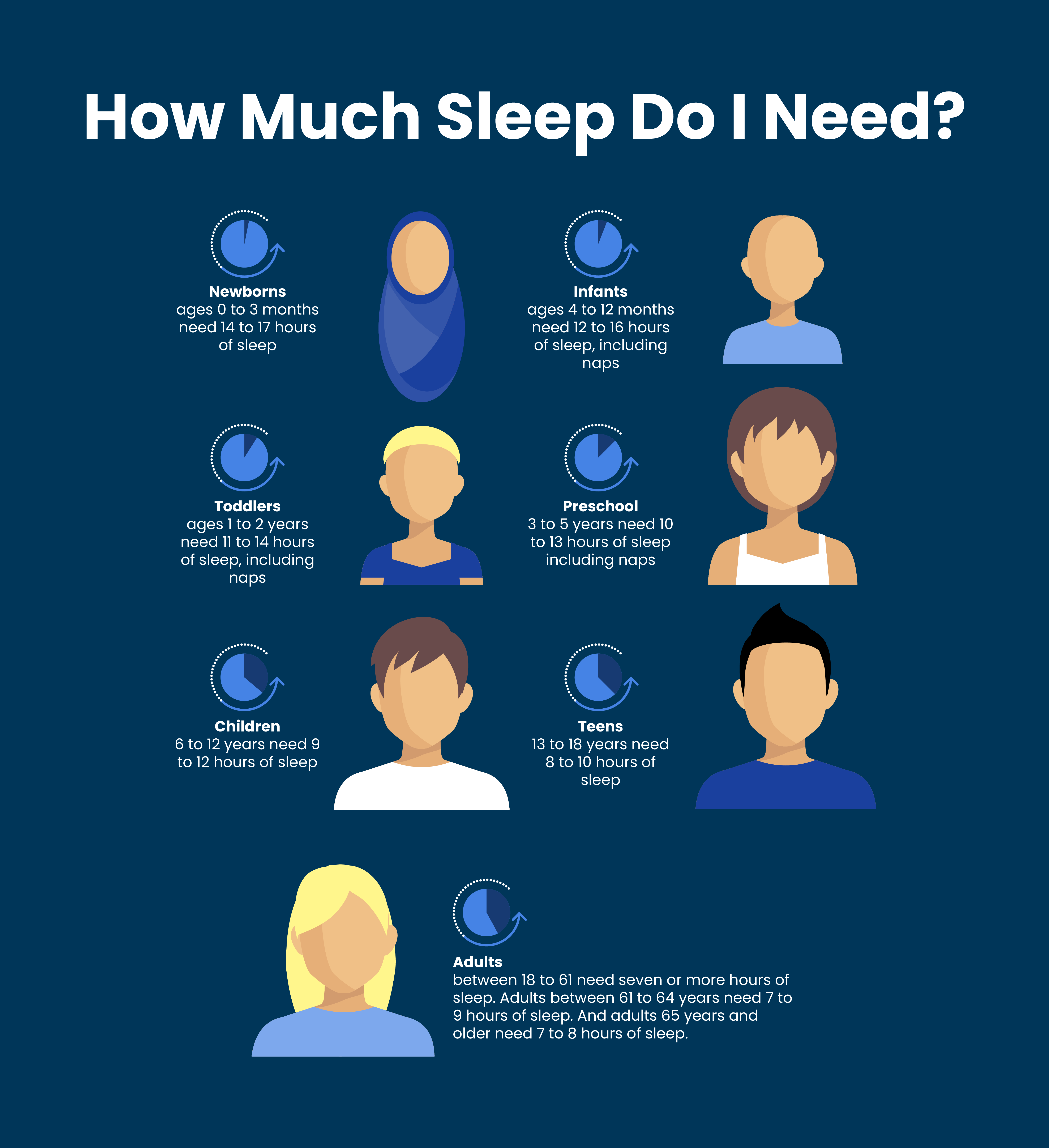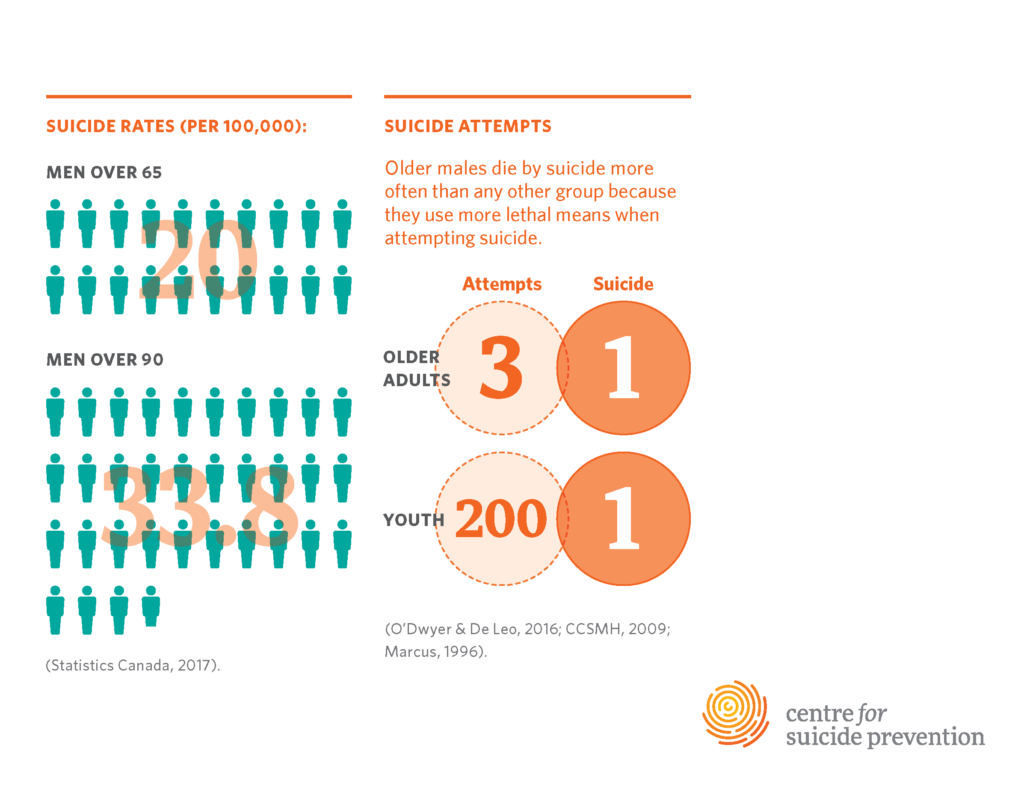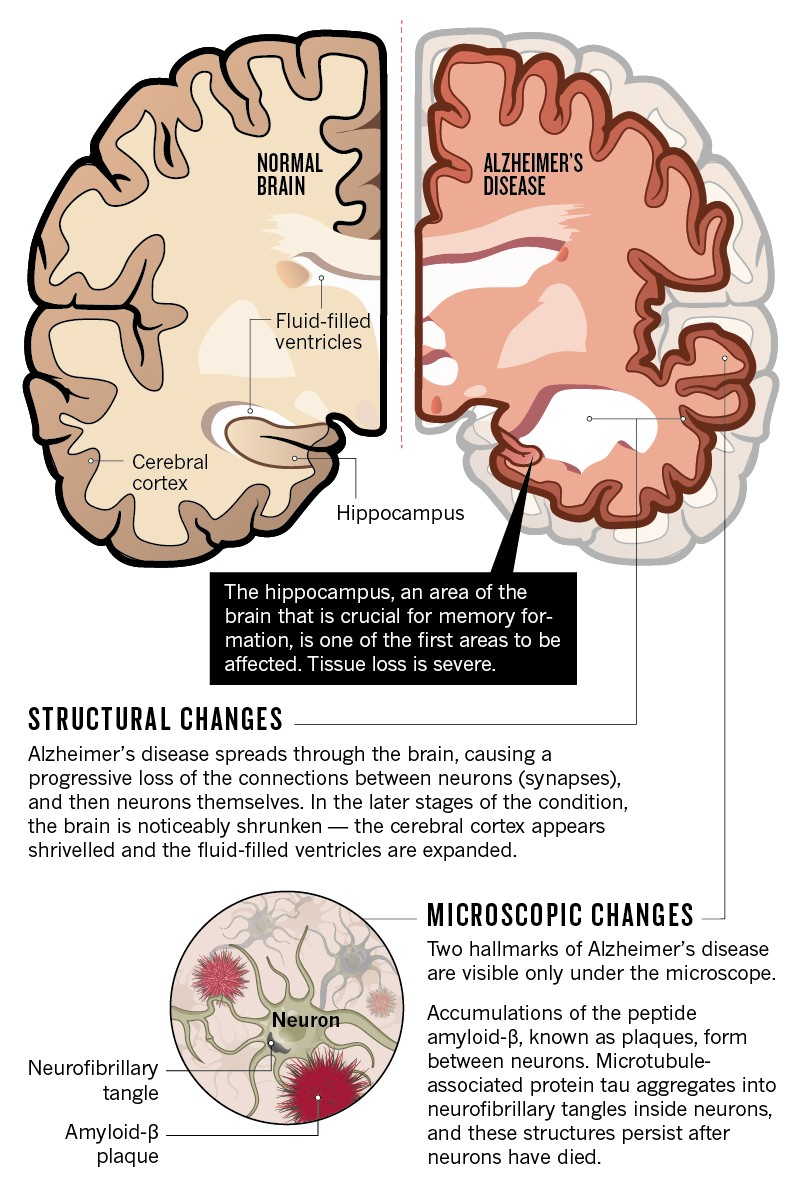How much sleep do you need? This fundamental question varies greatly among individuals and often depends on multiple factors, including age, lifestyle, and overall health. While adults typically require between 7 to 9 hours of rest per night, understanding your personal sleep requirements is essential for maintaining optimal health. Quality sleep is vital, not just for feeling alert but also for enhancing cognitive function, mood stability, and overall well-being. By incorporating healthy sleep habits and effective sleep hygiene tips, you can significantly improve the benefits of sleep, helping you combat issues like insomnia and fatigue.
When considering the necessary hours of nightly rest, it’s important to explore the optimal sleep duration tailored to your needs. Individual sleep needs can fluctuate significantly, influenced by daily routines, stress levels, and overall wellness. Establishing consistent sleep patterns can contribute to the development of sound sleep practices, ultimately leading to enhanced recuperation and energy levels throughout the day. Employing effective strategies for promoting restful nights can play a pivotal role in your overall health journey. Recognizing how different factors affect your ability to fall and stay asleep may provide you with alternatives that facilitate better sleep quality.
Understanding Sleep Requirements: How Much Sleep Do You Need?
Determining how much sleep you need is a personal journey, as it varies significantly from one individual to another. On average, adults are advised to get between 7 to 9 hours of sleep per night, but some may feel rejuvenated after just 6 hours, while others might require up to 10 hours. A reliable method to gauge your optimal sleep amount is by allowing yourself to wake naturally without an alarm clock. This approach can help you identify the hours of rest your body craves to feel refreshed and alert throughout the day.
Moreover, it is essential to pay attention to how you feel upon waking. If you’re not feeling rested after several sufficient hours of sleep, this could signal underlying issues like sleep apnea or chronic insomnia. It is advisable to monitor how long it takes you to feel fully alert after waking, as different brain regions may wake at varying rates. If dissatisfaction persists, consulting a sleep specialist may unearth sleep conditions that require targeted treatment.
Frequently Asked Questions
How much sleep do you need based on your age and lifestyle?
Sleep requirements vary by age and lifestyle. Generally, adults need 7 to 9 hours of sleep nightly, while teenagers may require 8 to 10 hours. Factors such as stress, physical activity, and overall health also influence how much sleep you need. It’s essential to listen to your body to ensure you get enough restful sleep.
What are the benefits of sleep and how much sleep do you need to experience them?
Adequate sleep offers numerous benefits, including improved cognitive function, better mood, enhanced immune response, and increased productivity. To fully experience these benefits, adults typically need 7 to 9 hours of quality sleep per night. Prioritizing sleep hygiene can help you achieve this restful sleep.
How can sleep hygiene tips help you determine how much sleep you need?
Sleep hygiene tips, such as maintaining a regular sleep schedule, creating a comfortable sleep environment, and avoiding stimulants before bedtime, can help you determine how much sleep you need. Establishing these habits allows your body to signal when it’s time to sleep, ensuring you get the rest required for optimal functioning.
What are some insomnia solutions if you’re not getting enough sleep?
If you’re struggling with insomnia and not meeting your sleep needs, consider solutions like cognitive behavioral therapy for insomnia (CBT-I), relaxation techniques, or sleep journals to track your sleep patterns. Speaking with a healthcare provider can also provide personalized recommendations for improving your sleep quality.
What healthy sleep habits can help you find out how much sleep you need?
Developing healthy sleep habits is crucial in determining how much sleep you need. This includes going to bed at the same time each night, ensuring your bedroom is dark and quiet, limiting screen time before bed, and avoiding heavy meals and caffeine close to bedtime. These practices can help you establish a natural sleep cycle.
| Key Point | Details |
|---|---|
| Individual Sleep Needs | Sleep duration varies for each person, and it’s best measured when not using an alarm clock. |
| Recognizing Sleep Necessity | Many can’t sleep unless their body truly needs to, contrasting with eating behaviors. |
| Transition to Sleep | Creating a bedtime routine, like dimming lights and reading, can signal it’s time to sleep. |
| Feeling Rested | Waking up tired after adequate sleep could indicate sleep disorders requiring a doctor’s attention. |
| Napping Benefits | Napping can be particularly beneficial for those working night shifts or unable to get enough nighttime sleep. |
| Sleep Hygiene Tips | Avoid stimulating activities like horror movies before bed and limit caffeine intake to improve sleep onset. |
| Medication Cautions | Melatonin is unregulated; use only pharmaceutical-grade, while benzodiazepines are for short-term stress. |
| Long-term Solutions | Cognitive Behavioral Therapy is the recommended treatment for chronic insomnia, not just sleeping pills. |
| Sleep Environment Aids | Sleep podcasts, sound machines, eye masks, and earplugs can be helpful if not obstructing safety warnings. |
Summary
How much sleep do you need is a question that varies greatly among individuals. Understanding your personal sleep needs is essential for maintaining overall health and well-being. While the general recommendation is 7-9 hours for adults, true sleep needs can only be identified by observing your natural sleep patterns without interruptions. If you frequently wake up tired despite a full night’s sleep, it’s important to consult a healthcare provider. Emphasizing a calming bedtime routine, managing your sleep environment, and seeking appropriate treatments when necessary can help you achieve the restful sleep you need.




